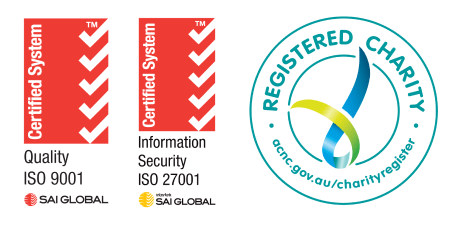Date
Cost
Available to
Practice Managers
General Practitioners
Practice Staff
Continuing Professional Development
1.5 RACGP CPD hours - Educational Activities
This session will upskill primary care staff in identifying and responding to technology-facilitated abuse – the use of digital devices to control and coerce victim-survivors.
Family violence (FV) is a health issue and GPs and primary health care workers need to be aware of how survivors commonly present.
The increase of technology-facilitated abuse and the alarming and increasing ways perpetrators of FV have been able to tap into the advances in technology to further control victim-survivors has been disturbing. It is important for practitioners seeing victim-survivors to understand this hidden form of violence. Digital devices and apps, including social media platforms, GPS location tracking, spyware, and mobile phones have become new tools for perpetrators to monitor, harass and abuse victims.
Speakers:
Associate Professor Jennifer Neil is a clinician, educator and researcher in primary care and family violence. She graduated from the University of Melbourne in 2003 and achieved her Fellowship of the Royal Australian College of General Practitioners. She is the Curriculum and Assessment Lead for General Practice at Monash University, and has led the development of a trauma-informed medical education approach.
Jennifer has trained hundreds of health professionals across Australia in family violence, authored multiple curricula and has co-authored two chapters and a supplementary chapter in the Royal Australian College of General Practice ‘White Book’ Guideline on abuse and violence. She has also contributed to the RACGP ‘Red Book’ guideline on preventive health. She is the deputy chair of the RACGP specific interest group on abuse and violence in families and the secretary for the World Family Doctor Organisation (WONCA) Special Interest Group on Family Violence Steering Committee.
She is currently undertaking a PhD and her topic explores GPs who have been survivors of family violence and their experiences.
Annabelle Harrison is a technology safety specialist for the Women’s Services Network (WESNET) where she provides training and technical advice on technology safety issues to front-line service providers. Prior to joining WESNET, Annabelle worked as a cyber security advisor in the not-for-profit sector and as a digital success manager for a private information security consultancy firm. She is passionate about strengthening an individual's sense of security and believes businesses and corporations are significantly influential during this process.
Learning outcomes:
- Describe the various forms of technology-facilitated abuse and their impact.
- Discuss the various ways that use of technology-facilitated abuse can be hidden.
- Identify signs patients might be experiencing technological abuse
- Discuss strategies to support patients and victim survivors to minimise the impact of technology facilitated abuse.






